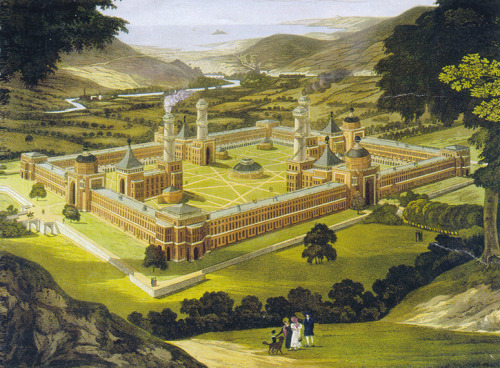#paradise now
When the Messiah Came to America, She Was a Woman - Chris Jennings | Longreads
Yet the tens of thousands of Americans who lived in these communities were not fools. To be sure, in an era thick with cranks and faddists, the utopias sheltered more than their share. But the majority of the communitarians were intelligent, hardworking people. They came from every denomination and every social class. Significantly, unlike the utopian communalists of other eras, they were not primarily young people. They were blacksmiths and farmers, journalists and lawyers, tailors and scientists, teachers and clergymen. A few of them were among the most articulate and prescient reformers of their day. After their respective sojourns in utopia, many went on to illustrious careers elsewhere. They may have been dreamers, but they did their dreaming out loud, with their dollars, their arms, and their time. They tried to manifest their impractical visions with great practical skill.
This article was a rare first for me: I placed an order for the book before I even finished reading this excerpt. It’s definitely a lengthy one, but if you have any interest in the little-known history of utopian socialist movements in the U.S., I can’t recommend reading this enough.
Jennings covers five communalist movements through their successes and failures with great understanding and respect. Needless to say, none of them exists today, but Jennings treats each one with absolute understanding. After all, no movement, however nutty it sounds, springs from whole cloth without being in some way a reaction to the context in which it emerged, and Jennings takes the time to contextualize each movement and pay appropriate respect to their respective followers.
On another level, this excerpt hits so many check boxes for me because the 19th century tends to get aesthetically pigeon holed. You know how certain contemporary subcultures tend to feel affinity with and gravitate towards certain historical moments or cultures? Many members of today’s psychedelic drug culture look to the 70s for musical, artistic, and aesthetic inspiration, fans of fantasy largely control the modern image of the medieval period, and the 19th century? Its image is largely controlled by costume drama and literary adaptations or steampunky mashups. But 19th century folk weren’t just sipping tea in cravats or doing whatever they do on Penny Dreadful (still never watched it, if I watched it I might not be able to use it as my whipping boy anymore)–the Luddites were smashing factory equipment, early environmentalists were rallying to protect the Earth, and these socialist radicals were making their vision of a perfect communal world a reality by founding enclaves and encampments in the woods of 19th century America. The more you read about it, the more punk the Victorian era becomes.
Give this one a read, if you’ve got half an hour to spare–I’d lend you the book, but I’m busy with it.
Post link




